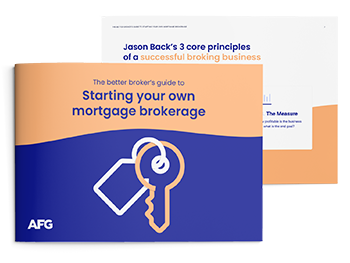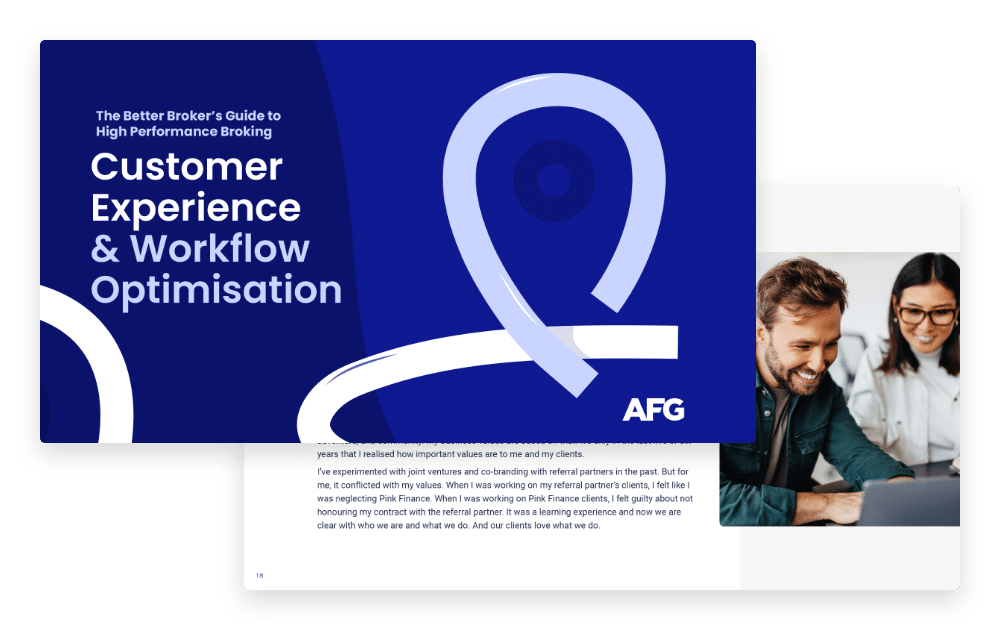Low-interest rates, flat property prices and government grants continue to entice plenty of first-time buyers into the home market. In fact, one in seven home loans last year was for first homes, according to the latest AFG Mortgage Index.
While home is where the heart is, savvy first home buyers are also using their heads. We look at some of the best ways to make your first move.
AN APARTMENT
It’s generally accepted that, on average, units achieve lower capital growth than houses over the long haul. However, that average tends to over-simplify things and ignore the many lifestyle benefits that can come with a unit in a handy location.
Units generally allow first-time buyers into areas they couldn’t afford if they were buying a house. The lower capital return is often a trade-off.
The right unit, though, can still provide capital growth over time and a solid leg-up to something bigger or better, while owners get the benefit of convenience and low maintenance in the meantime.
What to look for:
- Within 15km of the CBD.
- Walking distance to public transport, cafes and restaurants.
- Internal laundry.
- Lock-up garage.
- A complex with a high percentage of other owner-occupiers.
- Affordable body corporate fees.
- City views.
- Built-in wardrobes and other storage.
What to avoid:
- Too many stairs.
- Areas with a glut of new apartments for sale.
- Over-capitalising on any make-over.
- High body corporate fees.
Something to consider:
If you decide to trade up to something bigger, you may find your unit becomes an ideal starter for an investment portfolio.
THE FIXER-UPPER
If you’re set on a certain area but find yourself short on the sale price, consider an older house in need of renovation. With property prices flattening, the opportunities for a quick profit with a lick-and-flick have dwindled. But for first-home owners looking to settle for five or more years, a renovator’s delight could still have plenty of an upside.
Fixer-uppers generally appeal to buyers who plan to do most or some of the work themselves. If you’re not handy or don’t have time to work on the property, steer clear.
A professional building inspection is a must for all properties, but the devil is always in the detail when it comes to older homes. Read the inspection report thoroughly and seek more information and repair quotes if any issues are highlighted.
What to look for:
- Houses that only need cosmetic work such as a new kitchen, bathroom, paint, floor coverings and landscaping.
- Sound electrical and plumbing.
- A high aspect (views always add value).
- Signs of other renovations in the neighbourhood.
- Excellent local infrastructure, such as public transport, or plans for improvements.
- Good property drainage.
What to avoid:
- Asbestos (unless it is a bargaining chip and can be removed easily by an expert).
- Structural deterioration.
- Damp.
- Properties prone to flood.
Something to consider:
Look in post-war suburbs with ageing populations, especially if they are near other areas that have already undergone urban renewal.
HOUSE AND LAND PACKAGE
Your first home doesn’t have to be your dream home, but a house and land package could get you close.
If you are prepared to be further from the city, the house and land bundle is worth considering. You not only get all the conveniences of a new home, often built to your design but better energy efficiency than an older home due to new regulations and improved green technology. You may also be able to take advantage of government incentives for new homes, on top of regular first-home buyer grants.
The trade-off for all of this is usually distance. If you work in the city, a long commute to the office may soon take the gloss off your new home and neighbourhood. On the other hand, affordable, new developments are opening up in smaller cities, such as Brisbane and Perth, which are not as far flung as the new home and land packages in Sydney.
The biggest challenge with new neighbourhoods is infrastructure, especially transport. Talk to the local council about what is planned for the area and when.
What to look for:
- Infrastructure to support a new suburb, including shops, public transport and schools.
- A reputable builder who has built other homes in the area, not another state.
- Land that will help set your home apart – a high aspect, city or bush views.
- An easy-to-read contract that spells out all inclusions, progress payments, completion date, allowable delays and treatment of unforeseen conditions.
- Good drainage.
What to avoid:
- Flood-prone land — reclaimed industrial sites and land near golf courses and parks are often on flood plains.
BUDDY UP
Many singles are now finding two heads and wallets are better than one when it comes to their first home. Siblings and friends are buddying up to get a better quality first home than they would solo. Finding the right partner is key, with trust and reliability critical. Contracts now accommodate tenants-in-common with equal and unequal shares in a property. Your broker can then help you structure a loan that reflects each owner’s share and repayments.
TALK TO YOUR BROKER
Your house hunt should start with a visit to a mortgage broker. Brokers work for you, not the lender. Their aim is to find the best home loan for your situation, saving you money over the life of the loan. A broker can also manage the entire loan process and organise pre-approval so you can start your property search with confidence.









